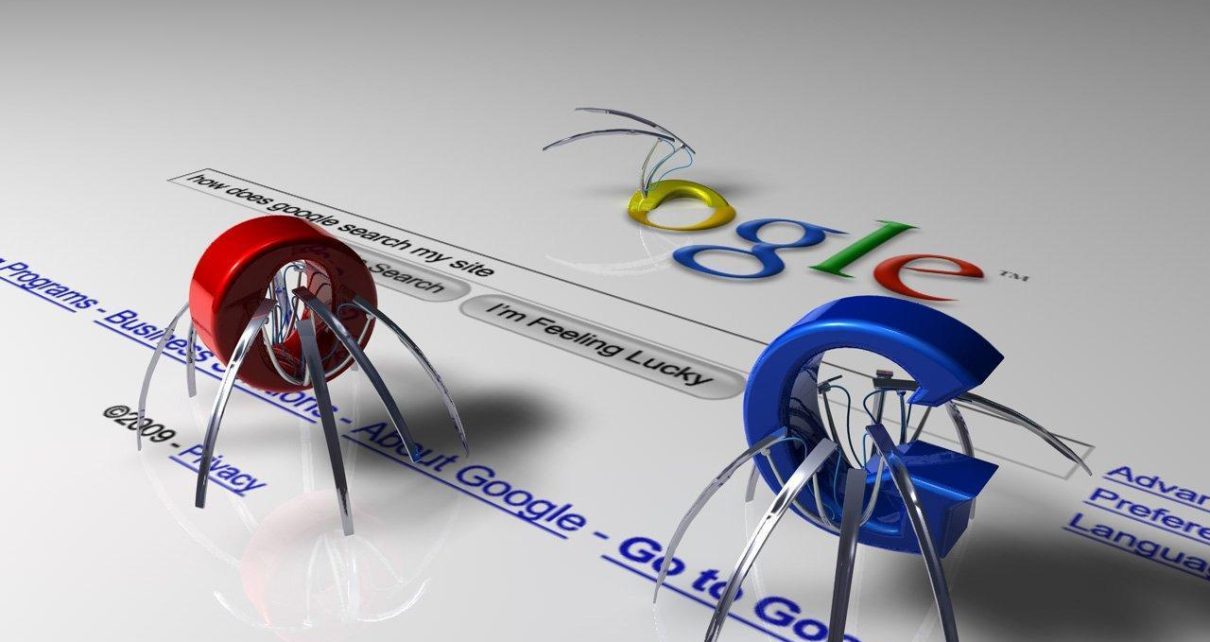If you’ve been running a website for a long time, then you know the importance of being indexed by Google. Without being indexed, it can be difficult – if not impossible – to rank in search engine results pages (SERPs). So what do you do if your site isn’t being indexed? In this blog post, we will discuss some possible reasons why Google may not be indexing your website and how to fix them.
You Don’t Have A Domain Name
One of the primary reasons why Google may not be indexing your website is that you do not have a domain name. According to SEO Malaysia, a domain name is a unique address that identifies your website on the internet. Without a domain name, Google will not be able to find your website, and as a result, your website will not be indexed. There are a number of ways to get a domain name, but the most common method is to register one through a domain registrar such as GoDaddy or Namecheap. Once you have registered your domain name, you need to point it to your web hosting account so that Google can find and index your website.
Your Site Is Not Mobile-Friendly
In today’s age, it’s imperative that websites are mobile-friendly. More and more people are using their phones to browse the internet, and if your site isn’t optimized for mobile devices, you’re missing out on a lot of potential traffic. Google knows this, and that’s why they take mobile-friendliness into account when indexing websites. If your site is not mobile-friendly, Google may not bother indexing it at all. That means your site won’t show up in search results, and you’ll miss out on any potential leads or customers. So if you want to make sure your site is being indexed by Google, make sure it’s optimized for mobile devices. It could make all the difference in your website’s success.
You’re Using A Complex Coding Language
If you’re a web developer, you’re probably aware that there are a variety of coding languages in use today. While most coding languages are relatively simple and easy to learn, there are some that are quite complex. Unfortunately, using a complex coding language is one of the reasons why Google may not be indexing your website. When Google’s crawlers come across a website coded in a language they don’t understand, they simply move on to the next site. As a result, if you want your website to be indexed by Google, it’s important to use a language that they can understand. While this may require you to invest some time in learning a new coding language, it will be worth it in the long run.
Your Site Loads Slowly
One of the reasons your website may not be appearing in Google’s search results is that it is loading slowly. In today’s fast-paced world, internet users have little patience for sites that take more than a few seconds to load. As a result, Google has made page speed one of the factors that it takes into account when ranking websites. If your site loads slowly, it is likely that Google will not give it a high ranking, which means that fewer people will see it. There are a number of ways to improve your site’s speed, such as optimizing your images and using a content delivery network. By taking these steps, you can ensure that your site loads quickly and that it has a better chance of appearing in Google’s search results.
Your Site Has Minimal Well-Written Content
Besides, another reason why your website may not be getting indexed by Google is that it doesn’t have enough well-written content. In order for Google to index your site, they need to be able to find and understand your content. If your site is full of poorly written or duplicate content, it’s going to be very difficult for Google to index it properly. This is why it’s so important to make sure that all of the content on your site is high-quality and keyword-rich. If you can provide Google with well-written, relevant content, they will be much more likely to index your site and send you traffic.
Your Site Isn’t User-friendly
User-friendly websites are not only more enjoyable for visitors to use, but they are also more likely to be indexed by Google and other search engines. There are a number of factors that contribute to a website’s user-friendliness, including navigation, layout, and content. If your website is difficult to navigate, has a cluttered or confusing layout, or lacks relevant and well-written content, it is unlikely that Google will deem it worthy of indexing. In order to ensure that your website is user-friendly and stands a better chance of being indexed by Google, make sure to pay attention to these important elements.
You Have A Redirect Loop
A redirect loop occurs when a web page is redirected to itself, or to another page that is also redirected. This can happen for a number of reasons, but it usually happens when there is an error in the .htaccess file, or when two pages are mistakenly set up to redirect to each other. Redirect loops can be very frustrating because they often result in Google not being able to index your website. If you think you may have a redirect loop on your website, the best thing to do is to check your .htaccess file and make sure that all of the redirects are pointing to the correct pages. You can also use Google’s Webmaster Tools to see if there are any errors that are preventing your website from being indexed. If you’re not sure how to fix the problem, you can always contact a professional web developer for help.
Final Thought
While there are a number of reasons why your website may not be appearing in Google’s search results, these are some of the most common. By taking steps to fix these problems, you can ensure that your site has a better chance of being indexed and that more people will be able to find it.
This article is posted on Today PR News.




